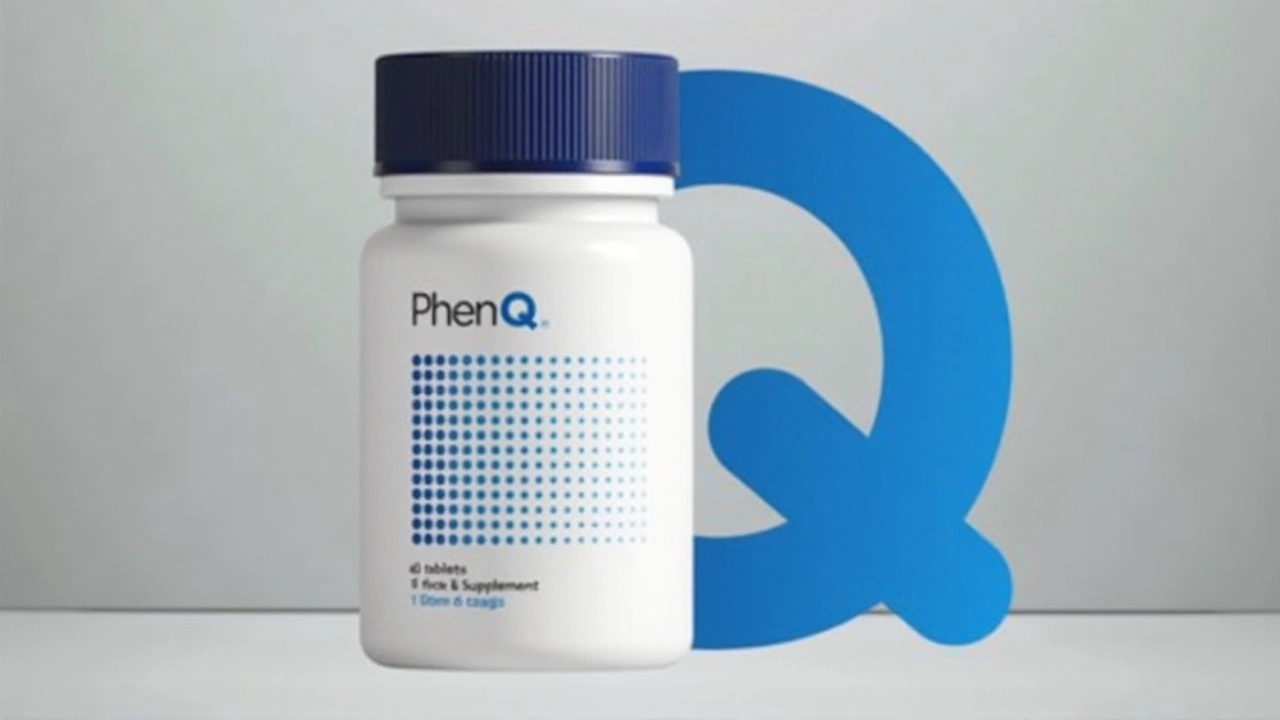Natural alternatives: what works, what’s risky, and how to choose
Want to try a plant-based option instead of a pill? Good—many people do. But “natural” doesn’t mean harmless. This page helps you spot useful herbal remedies, find quality supplements, and decide when you still need a prescription.
Real examples that people search for
If you’re looking for natural bronchodilators, some herbs like ivy leaf, licorice, or butterbur come up often. A few readers find mild relief, but these aren’t replacements for rescue inhalers. For anxiety, non-sedating prescription choices are safer than mixing unknown herbs with meds. For migraines, lifestyle changes, magnesium, and riboflavin are low-risk options some people try before stepping up to triptans or other prescription therapy.
Other popular options on the site: Ba Ji Tian as a tonic in traditional use, topical treatments for parasitic infections instead of oral meds, and herbs that support bladder health. These can help in mild situations or as short-term support, but they need proper sourcing and dosing.
How to pick a safe natural alternative
First, ask: what’s your goal? Short-term symptom relief or long-term control? If you need rapid, reliable help—like stopping a severe asthma attack or treating an active infection—use a proven prescription. If you’re managing chronic mild symptoms, consider a supplement with evidence and low risk.
Next, check the label. Look for third-party testing (USP, NSF, ConsumerLab). That reduces the chance of contaminants or wrong doses. Choose brands that list active ingredients and amounts. Avoid products that promise dramatic cures.
Interactions matter. Herbs and supplements can change how prescription drugs work. For example, some supplements affect sedation or heart rate when mixed with antidepressants or blood pressure meds. Tell your clinician everything you take—herbs, vitamins, and over-the-counter pills.
Start low and track effects. Try one change at a time for a few weeks so you can tell if it helps or causes side effects. Keep a short log: dose, timing, improvements, and any new symptoms. If you feel worse, stop and call your provider.
When to see a clinician now: breathing trouble, sudden severe pain, signs of infection, fainting, or new heart symptoms. Also get help if a natural approach doesn’t improve a chronic issue after a trial period. Your doctor can suggest safer alternatives or adjust medications.
Finally, use reliable sources. Articles that point to clinical trials, medical guidelines, or well-known safety checks are better than testimonial-heavy pages. If a product sounds too good to be true, it probably is.
Want specific options for a condition? Check our guides on natural bronchodilators, migraine alternatives, and safe supplement choices for more focused tips and product-quality advice.
